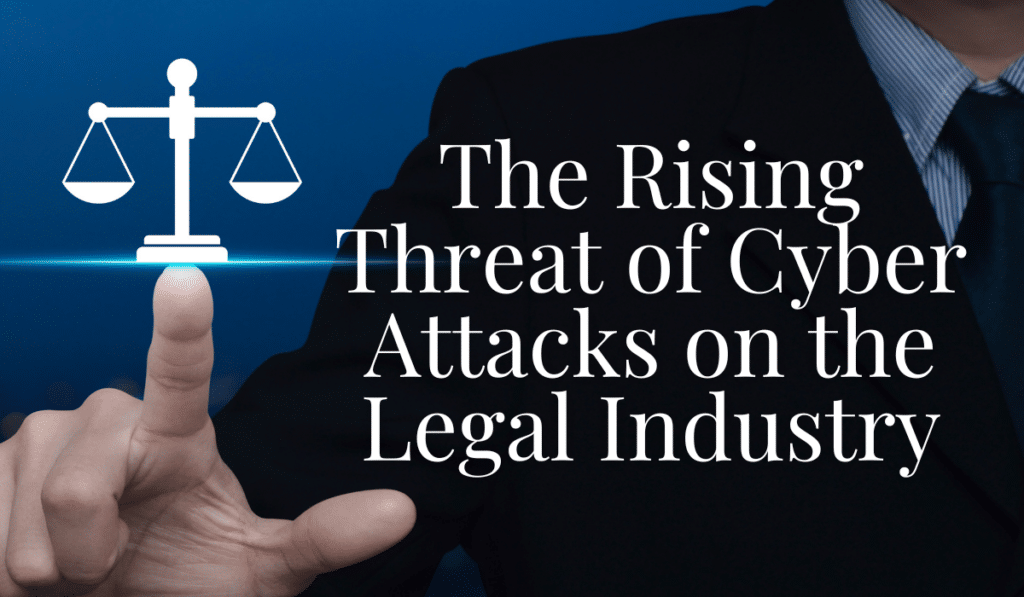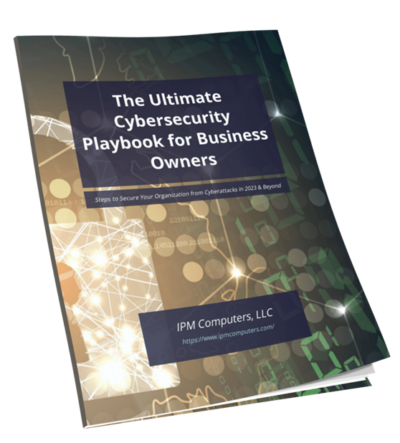The threat of cyber attacks looms large over businesses of various industries. And unfortunately, the legal industry is not immune to risk. Law firms face an increased risk of cyber attacks, and the consequences can be devastating. Here are some of the measures they can take to safeguard their sensitive client data and trust, and the reputation of their firm.
The legal vertical has become an attractive target for cybercriminals due to the valuable and confidential information it holds. A recent article highlights the increasing hacking risk faced by UK law firms. However, it is crucial to recognize that these risks extend beyond borders, affecting US firms as well. Cyber attacks are not just limited to large corporations; smaller firms are equally vulnerable.
Data Breaches and Their Impact
A successful cyber attack on a law firm can lead to severe consequences. Data breaches can expose sensitive client information, including personal details, financial data, and privileged communications. Such breaches not only compromise client trust but can also result in legal and financial liabilities for the firm. Regulatory penalties, lawsuits, reputational damage, and loss of business are just a few of the potential outcomes.
Common Cyber Threats
Law firms face a variety of cyber threats, including:
- Phishing Attacks: Cybercriminals often employ sophisticated phishing techniques to trick employees into revealing sensitive information or downloading malicious software
- Ransomware: This malicious software encrypts files and demands a ransom for their release. Law firms are prime targets due to the critical nature of their data
- Insider Threats: Employees or associates with authorized access to systems can intentionally or unintentionally cause data breaches
- Third-Party Risks: Law firms often work with external vendors, increasing the risk of breaches through supply chain vulnerabilities.
Best Practices
To protect against cyber attacks, law firms should implement ongoing training to educate employees about cybersecurity risks, best practices, and the importance of strong passwords, data encryption, and secure communication channels. Additionally, robust password requirements encourage the use of multi-factor authentication which can minimize the risk of unauthorized access. Policies in place to keep all software and systems up to date with the latest security patches, use firewalls, anti-virus software, and intrusion detection systems to detect and prevent cyber threats. And one of the most important practices would be to ensure that sensitive data both in transit and at rest are encrypted to ensure that even if it falls into the wrong hands, it remains unintelligible.
Finally, a comprehensive incident response plan outlines the steps to be taken in the event of a cyber attack. This plan should include regular data backups, offsite storage, and restoration procedures.
Cybersecurity is an ongoing process. Regularly assess your law firm’s security measures, conduct vulnerability assessments, and perform penetration testing to identify and address any weaknesses in your systems. Include reviews of any third parties that your firm engages with. Not sure how to do this? Breach Secure Now can help!
The post The Rising Threat of Cyber Attacks on the Legal Industry appeared first on Breach Secure Now!.





